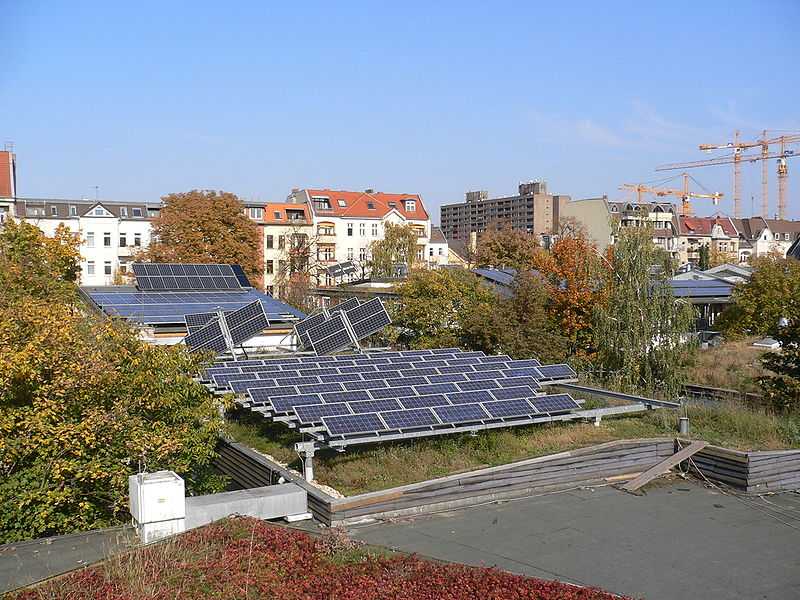Energy Transition in Social Space – Subproject: Social Research (ESRa)
Research department: Politics and Planning
IRS Research Topic: Spatial Path Development and Institutional Change New Vulnerabilities and Resilience Strategies Research on Innovation Processes
Project Leader within IRS: Prof. Dr. Oliver Ibert
Project Team: Eva Eichenauer Janne Lis Irmisch
Consortium: Global Climate Forum (Coordination) Leibniz Institute for Research on Society and Space Fraunhofer Institute for Energy Economics and Energy System Technology Germanwatch Institute for Climate Protection, Energy and Mobility e.V.
Funding Organization: Federal Ministry for Economic Affairs and Energy (BMWi)
Duration: 08/2020 - 01/2022
The ESRa project examines factors that characterize regions with a predominantly positive attitude towards energy system transformation from regions with a negative attitude. The project aims at explaining how these factors can be influenced with regard to the realization of a successful energy transition. The project relates this question to the phenomenon of increasing regional disparities and the drifting apart of regions concerning those that draw advantage from globalization processes and those that do not. The success of an energy system transformation will depend considerably on helping less favorably equipped regions to develop and use such resources and skills.
To analyze key factors influencing these socio-spatial dynamics, the project team conducts a comparative analysis of two case studies, one which is the city of Berlin and one which is the district of Spree-Neisse in Lusatia. The IRS examines attitudes towards energy system transformation and spatial disparities. It also develops scenarios and options for action for implementing energy system transformation in different regional contexts. The inter- and transdisciplinary project is coordinated by the Global Climate Forum.


